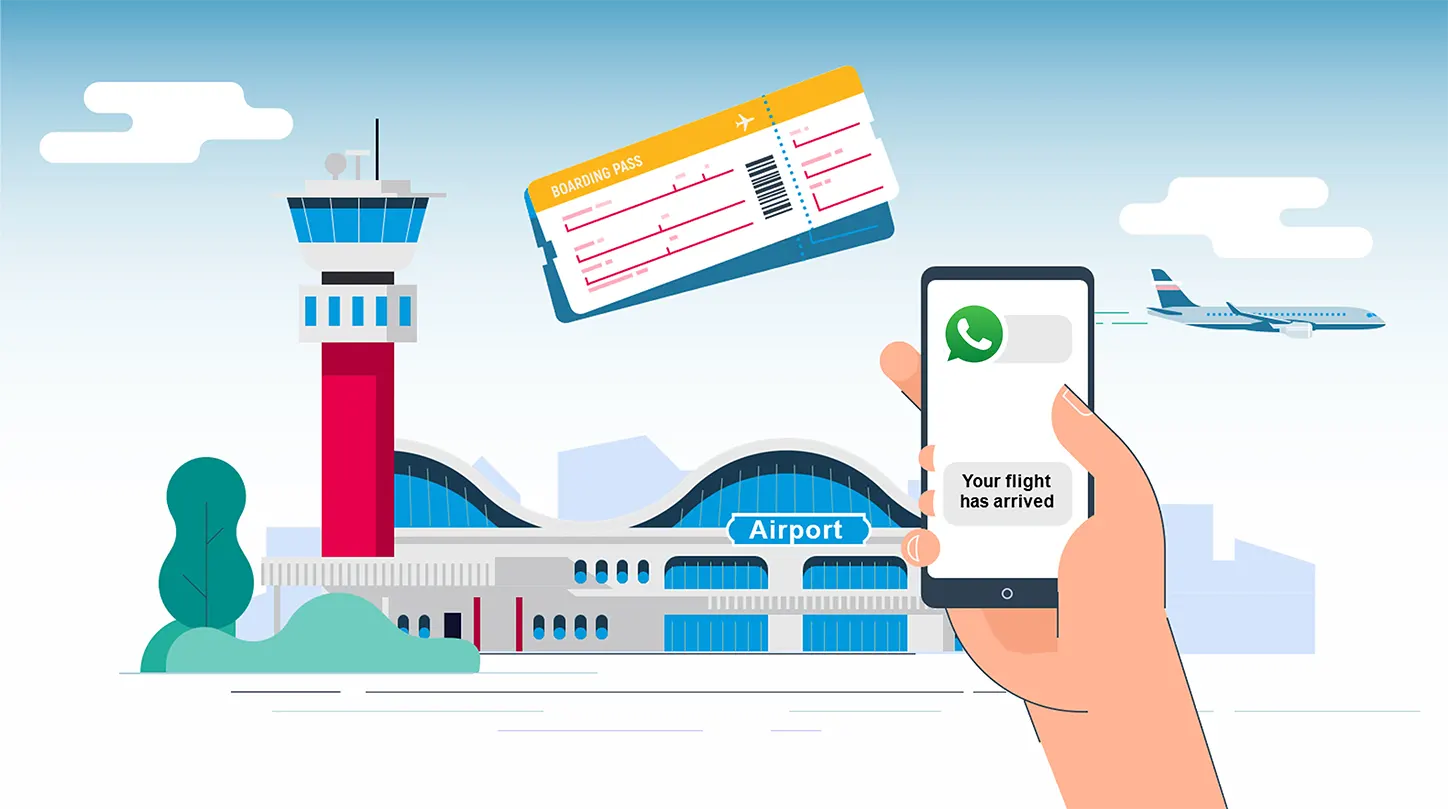Improving Multilingual Communication in Healthcare in the Middle East
Improving Multilingual Communication in Healthcare in the Middle East

Introduction
In today's globalized world, where people are freer than ever to live and work in a huge variety of countries, there is a growing need for effective communication across different languages and cultures. In the healthcare sector, perhaps more than any other, the need for clear communication is paramount as effective multilingual communication means that patients receive accurate and complete information about their health conditions and treatment options. In a region like the Middle East where dozens of cultures and languages mix on the streets and in healthcare facilities every day, the challenge of communication can be hard to surmount.
Many patients and healthcare professionals in the Middle East speak different languages from each other. This can create communication barriers and can lead to misunderstandings, missed appointments, misdiagnoses, and medical errors, all of which can have serious consequences for patients' health. Studies have shown that where patients and medical staff don’t have language proficiency in common, they are more likely to experience misdiagnosis and medical errors due to language barriers.
In this blog, we take a closer look at some of the challenges this presents and some of the ways that the healthcare industry is looking to alleviate the problem. We also look at how technology can play a part.
The Role of Multilingual Healthcare Providers and Medical Interpreters
Multilingual healthcare providers or medical interpreters can help bridge the language gap and ensure that patients receive accurate and complete information about their health conditions and treatment options. These professionals can help patients understand medical terminology and instructions, and can also act as advocates for patients in communicating with healthcare providers. Interpreters can be life-line for many patients and families who are struggling to communicate in a medical setting, however, given the number of language challenges in the Middle East, one-to-one interpretation is not possible in every case and consequently, some important issues are likely to go unresolved. This gap between the need for interpretation and the resources available to provide it is beginning to be filled by technology.
The Use of Technology
Recent developments in AI and communication technology have opened up some fantastic opportunities for multi-lingual communication in healthcare. Apps such as google translate and MediBabble for healthcare-specific translations are now widely available and can be a real help to those with access as they can be used to translate both text and voice. Chatbots featuring live translation are now also becoming available so healthcare providers will be able to use these widely across their facilities and remove many of the language barriers that can exist in the region. Instant messaging apps like WhatsApp are also able to provide booking information and customer service in dozens of different languages which helps patients feel looked after throughout their experience with their healthcare facility. These tools can make it easier for patients and healthcare providers to communicate with one another, regardless of language or location.
Benefits for Healthcare Providers
Aside from the obvious health and safety benefits for patients and practitioners of being able to communicate clearly with one another, effective multilingual communication can also benefit healthcare providers by providing a point of differentiation between themselves and other providers. Given a choice between a provider where they know communication won’t be an issue for them and one where they are not sure, most patients are likely to choose a healthcare facility that is proven to take their communication needs into consideration.
Conclusion
Multilingual communication is essential in healthcare, particularly in the Middle East where linguistic and cultural diversity is prominent. Effective communication can eliminate barriers to understanding, prevent medical errors, improve patient outcomes, and foster trust and cultural sensitivity between patients and healthcare providers. The use of technology, multilingual policies and procedures, and training for healthcare providers all contribute to creating an inclusive and efficient healthcare system that serves the diverse population of the Middle East.
To speak to a Unifonic expert about how multichannel communication in multiple languages can help your healthcare facility. Contact us today
Related articles
.jpeg)
02 September 2024
Beyond the Buzz: Strategic AI for Business Leaders
Read more



